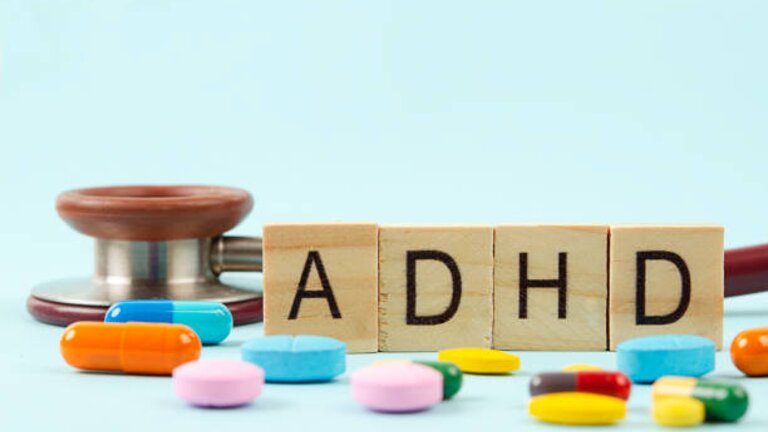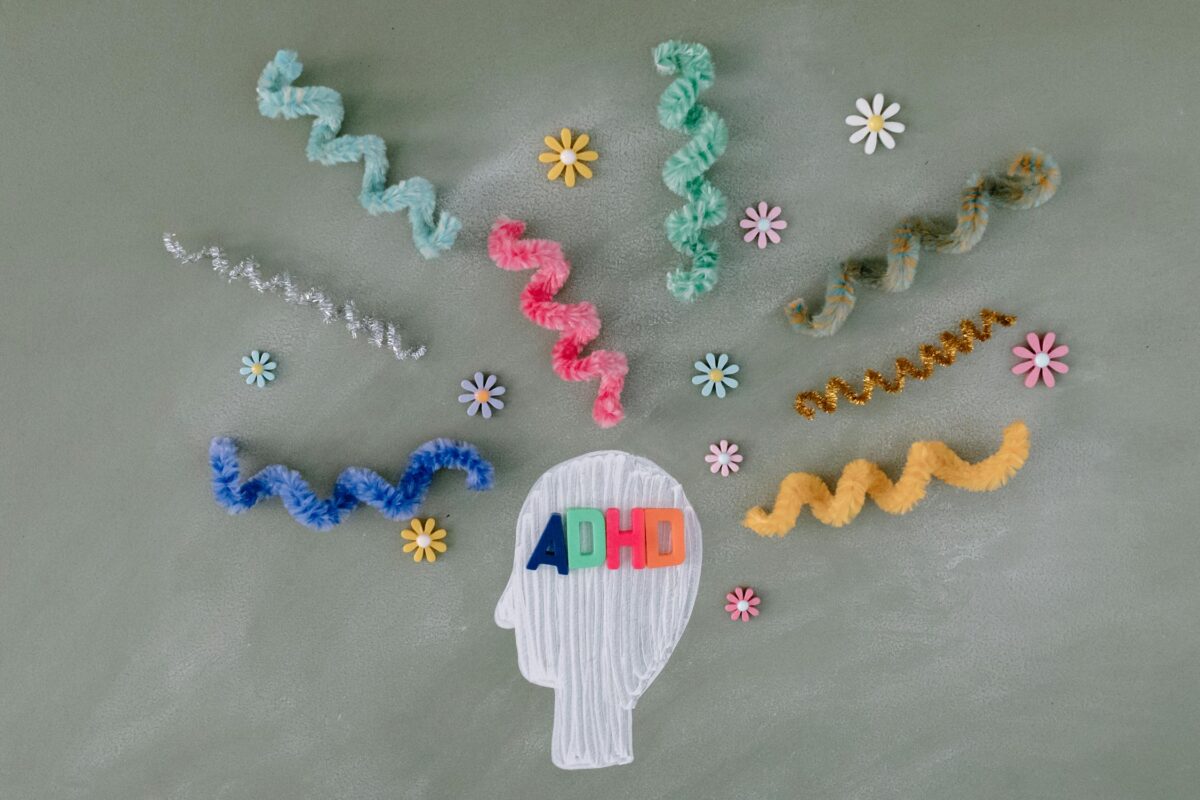3 Treatment Options for ADHD

You can treat attention-deficit/hyperactivity disorder (ADHD) using behavioral and play therapy, educational support, medication, and more. Treatment may also take a combined approach involving various therapies and medication. Getting ADHD help early reduces the symptoms and impact of the condition on your day-to-day life. Here are a few treatment options for ADHD:
1. Behavioral Therapy
Behavior therapy is usually the first line of treatment for children with attention-deficit/hyperactivity disorder. Children with ADHD have problems paying attention or sitting still in the classroom. They may also show disruptive behaviors that affect relationships with siblings, parents, and other children. You can work with a psychotherapist, licensed professional counselor, or clinician to get ADHD help. Behavior therapy focuses on reducing disruptive behaviors and increasing self-regulation skills. Therapies like cognitive behavioral therapy are used to help individuals manage impulsive behaviors. The psychotherapist also develops coping strategies to help improve your child’s focus.

- Parent training is usually suggested to equip you with the skills to manage your child’s behavior effectively.
- Training may involve teaching individuals how to use consistent routines and positive reinforcement to mold a child’s behavior.
- Tips include creating routines, organizing, managing distractions, and limiting choices. Parents are taught to communicate more clearly, discipline effectively, and provide a healthy lifestyle.
- Behavioral interventions in the classroom also help reduce disruptions and unwanted influence.
- In adults, therapy focuses on changing your thoughts to influence your feelings and behavior.
- A therapist also provides social skills training to teach interpersonal skills and strategies for social interactions.
2. Educational Support
ADHD treatment involves psychoeducational evaluations to explore how cognitive, attention, and behavioral factors affect your own or your child’s success. The evaluations cover attention, learning, emotional or behavioral disorders, and feature intelligence, achievement, and memory testing. Psychoeducational evaluations in children and adolescents also feature behavioral, emotional, and social assessments. In adults, evaluations involve work-related accommodations, personality testing, and intelligence testing. Such evaluations help develop individualized education plans for accommodations in schools and workplaces.
Accommodations include extended test times, quiet environments, and modifications of seating arrangements or classroom settings. Individualized education programs can be designed to cater to children or adults with disabilities.
Such plans help ADHD patients receive the tools, services, and special accommodations they need to succeed.
After evaluations, the therapist presents a detailed report with intervention suggestions to improve comfort, focus, and performance.
Educational support is featured alongside other treatments, such as behavioral therapy.
3. Play Therapy
Play therapy is an effective modality for treating various mental, emotional, social, and behavioral problems in children. Younger children with ADHD may struggle to use words to describe their feelings or thoughts. Playing offers a way for such children to express themselves. During play therapy, children engage in a carefully curated therapeutic playroom with the help and guidance of a trained therapist. The sessions encourage children to express their thoughts and feelings using unstructured approaches.
- Other sessions can be more structured, and therapists can use different modalities, including sand trays, scene creation, painting, drawing, dolls, and building blocks.
- Play therapy helps to address behavioral issues, such as low self-esteem, promoting healthy socialization in children.
- The sessions also help therapists to understand your child’s emotions and address aggression, temper tantrums, anxiety, and autism spectrum disorder.
- In adults, the therapists recommend lifestyle adjustments to include more exercises and social activities that improve mood and focus.
- You can also practice mindfulness through meditation, yoga, and other stress-reduction techniques.
Get ADHD Help Today

ADHD treatment is personalized depending on your needs and may include medications or mental and physical exercises. Seeking treatment immediately after diagnosis allows you to begin the self-regulation process with the help of a professional. Contact a psychotherapist today to get ADHD help for you or your loved one.

